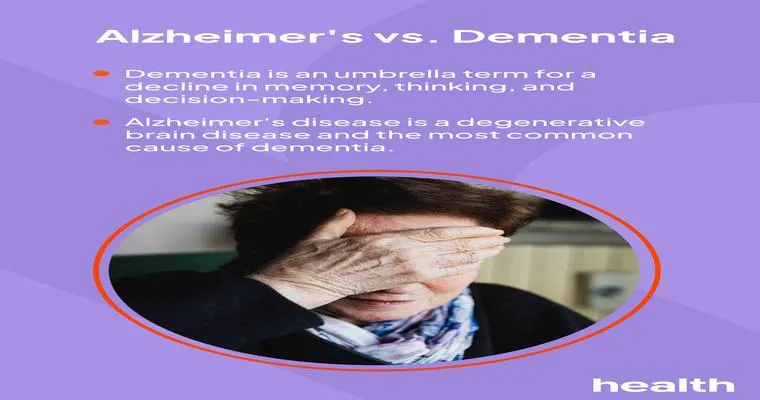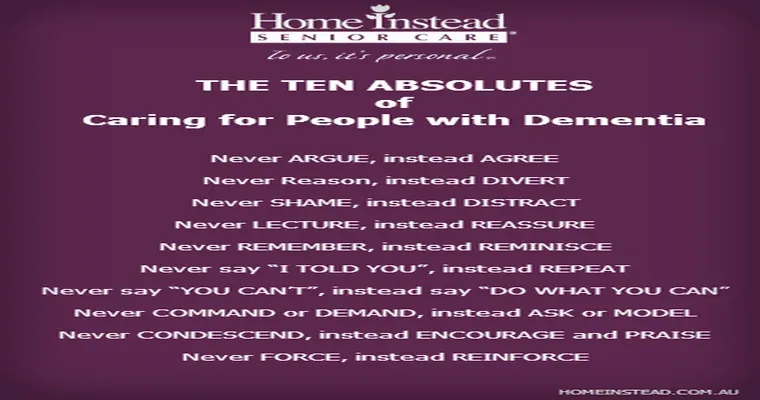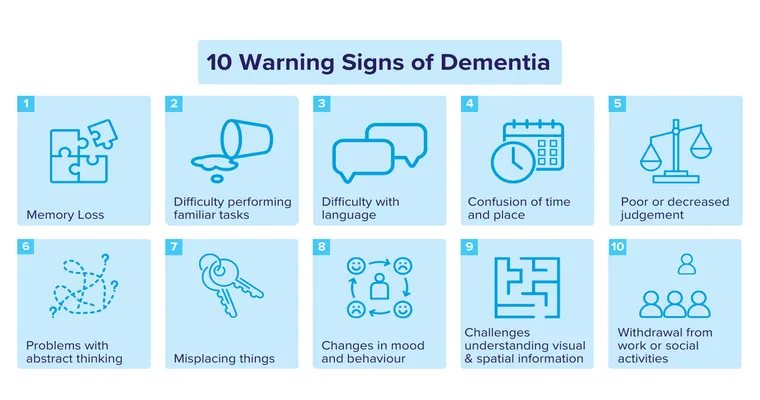"Dementia" is a broad term that describes a range of symptoms associated with a decline in "cognitive function", affecting memory, thinking, and social abilities. It is not a specific disease but rather an umbrella term that encompasses various conditions, with "Alzheimer's disease" being the most common. Understanding the nuances of "dementia" is crucial for early detection, appropriate care, and support for those affected and their families.
Symptoms of Dementia
The symptoms of "dementia" can vary significantly from one individual to another, but some common signs include:
Memory loss that disrupts daily life
Difficulty in planning or solving problems
Confusion with time or place
Trouble understanding visual images and spatial relationships
Challenges in speaking or writing
Misplacing items and losing the ability to retrace steps
Changes in mood and personality
Recognizing these symptoms early can lead to timely interventions, which can help manage the condition more effectively.
Causes of Dementia
Dementia can be caused by various factors, and its onset may be influenced by both genetic and environmental elements. Some of the most common causes include:
"Alzheimer's disease": The most prevalent form of dementia, characterized by the gradual degeneration of brain cells.
Vascular dementia: Often resulting from strokes or other conditions that affect blood flow to the brain.
Lewy body dementia: Associated with abnormal protein deposits in the brain.
Frontotemporal dementia: Affects the frontal and temporal lobes of the brain, impacting personality and behavior.
Understanding the underlying causes of "dementia" can help tailor treatment and support options for individuals.
Diagnosis and Treatment
Diagnosing "dementia" typically involves a comprehensive assessment, including medical history, cognitive tests, and imaging studies. There is currently no cure for most types of "dementia", but treatments are available to help manage symptoms. These may include:
Medications to improve symptoms related to memory and cognition.
Cognitive therapies and activities designed to stimulate brain function.
Lifestyle changes, such as a balanced diet, regular exercise, and social engagement.
Caring for Someone with Dementia
Caring for a loved one with "dementia" can be challenging yet rewarding. Here are some tips for caregivers:
Educate yourself about the condition to better understand the challenges your loved one faces.
Establish a consistent routine to help reduce confusion and anxiety.
Encourage social interactions to stimulate cognitive function and emotional well-being.
Seek support from local or online support groups to connect with others in similar situations.
Conclusion
As the population ages, the prevalence of "dementia" is expected to rise, making awareness and education about this condition more important than ever. By understanding the symptoms, causes, and care strategies, families and caregivers can better support those living with "dementia" and improve their quality of life. If you or a loved one is experiencing signs of cognitive decline, consult a healthcare professional for guidance and assistance.





